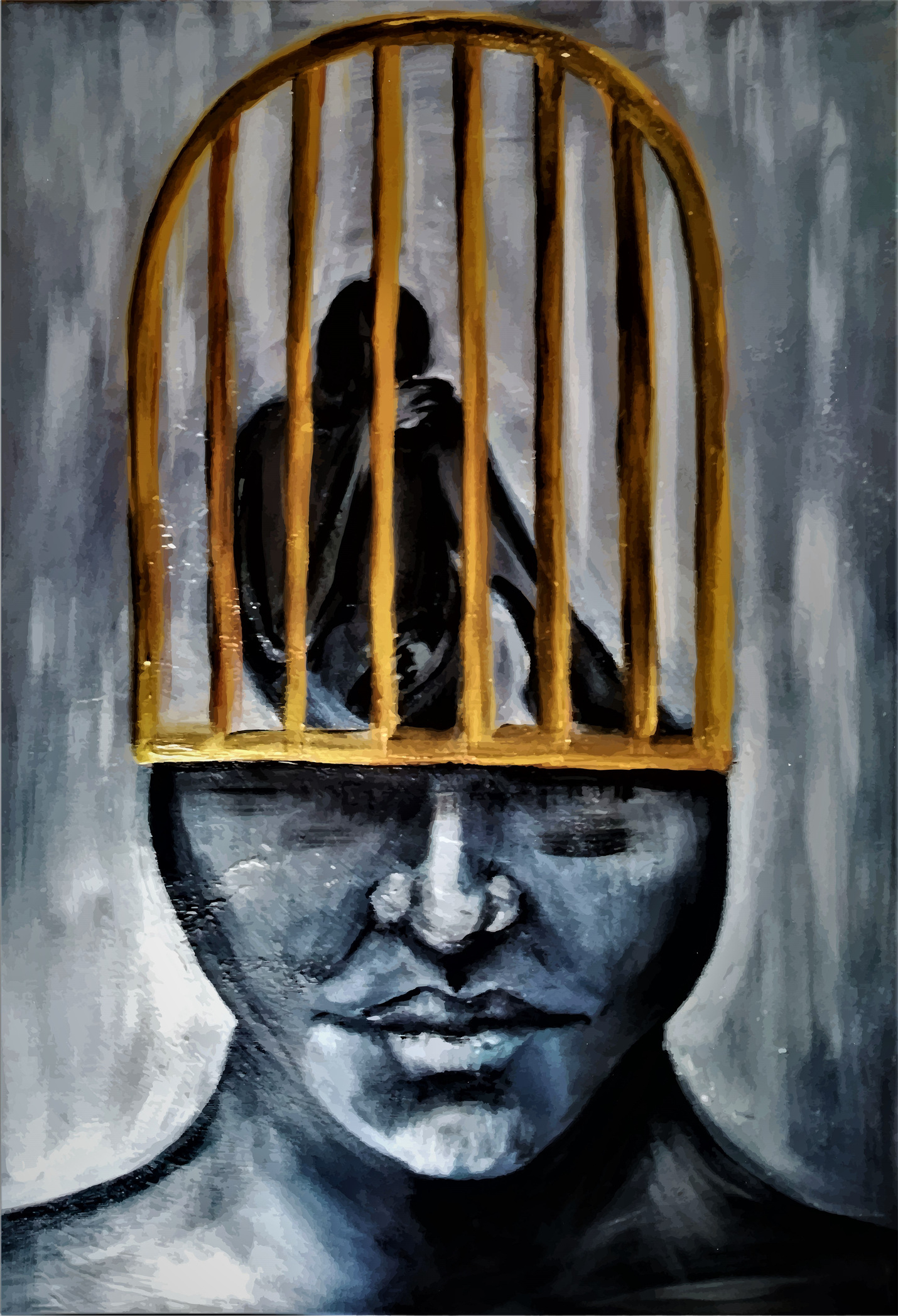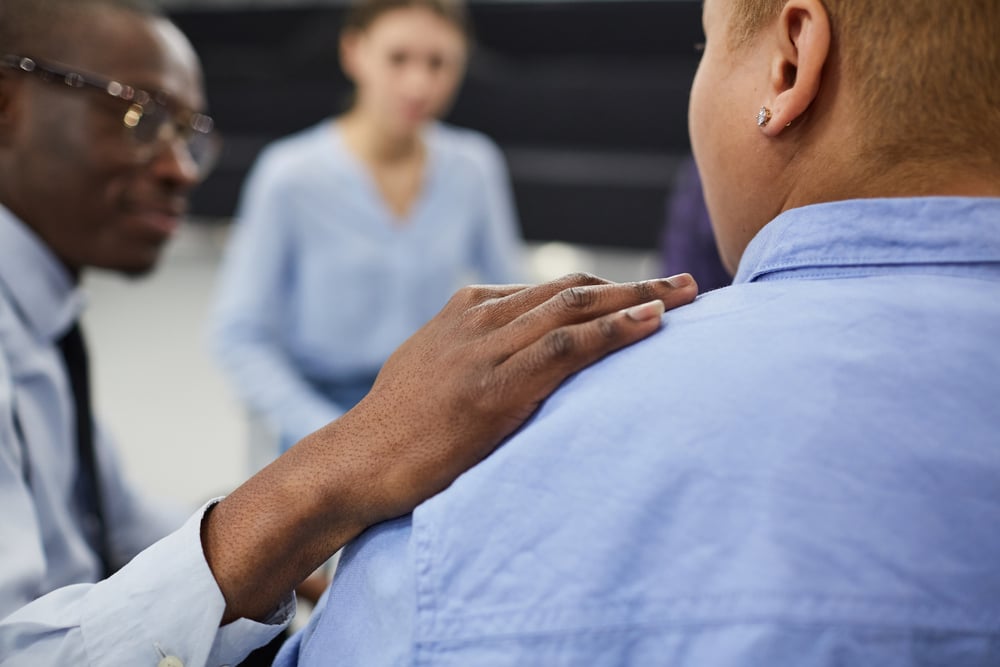Incarceration and Seasonal Depression
Seasonal Affective Disorder (SAD), often called seasonal depression, can impact anyone, but its effects are amplified in environments where sunlight and fresh air are limited—like prisons. As the days grow shorter and colder, many incarcerated individuals face heightened mental health struggles that compound the challenges of an already stressful environment.
 SAD is a type of depression tied to seasonal changes, often linked to reduced exposure to natural light. For people in prison, this exposure is minimal year-round, making the winter months particularly difficult. Symptoms like fatigue, feelings of hopelessness, and difficulty concentrating can become even more intense during this time.
SAD is a type of depression tied to seasonal changes, often linked to reduced exposure to natural light. For people in prison, this exposure is minimal year-round, making the winter months particularly difficult. Symptoms like fatigue, feelings of hopelessness, and difficulty concentrating can become even more intense during this time.
Addressing SAD in prisons is essential for promoting mental well-being and reducing incidents of self-harm and conflict. Research shows that simple solutions, like increased access to natural light or light therapy, can make a difference. Regular outdoor time, even on cloudy days, allows individuals to soak up crucial Vitamin D. Facilities can also implement light boxes in common areas to simulate sunlight.
Mental health support is equally critical. Counseling services, group therapy, and mindfulness programs can help individuals process their emotions and build resilience. Additionally, staying active through fitness programs or creative outlets like art or writing can improve mood and combat feelings of isolation.
At Bob Barker Company, we believe in equipping facilities with tools to support the mental health of those in custody. From wellness-focused programming to resources that foster a sense of purpose, small steps can lead to big changes. Let’s work together to brighten the darker days of the year and prioritize mental health in every season.



